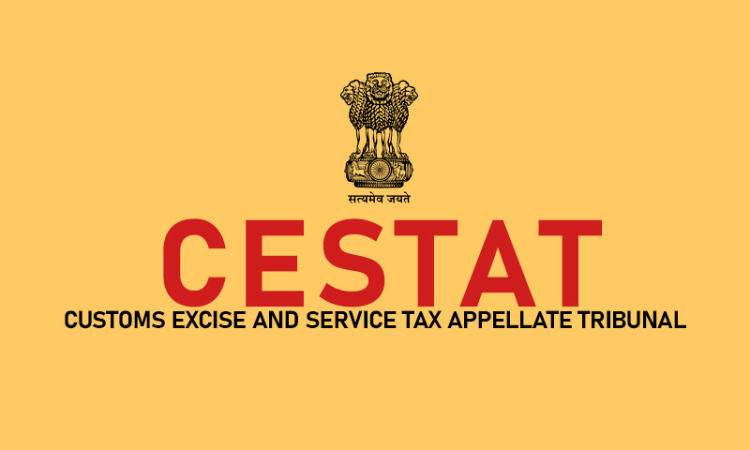Fire Brick After Use In Kiln Is Not Liable To Excise Duty As Waste And Scrap: CESTAT
Mariya Paliwala
25 April 2024 4:30 PM IST

Next Story
25 April 2024 4:30 PM IST
The Ahmedabad Bench of Customs, Excise, and Service Tax Appellate Tribunal (CESTAT) has held that the use of fire brick that is dismantled from the undershell of a kiln is not liable to duty as waste or scrap. The bench of Ramesh Nair (Judicial Member) and C.L. Mahar (Technical Member) has observed that periodically, fire bricks from the kiln are to be dismantled and then removed as they...
